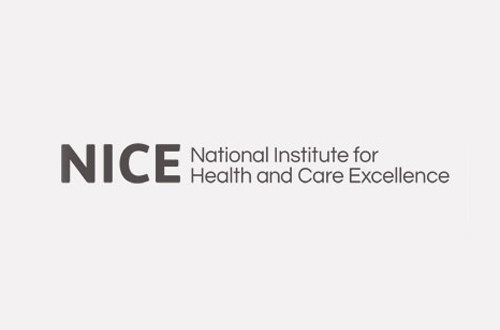
The UK’s cost-effectiveness watchdog has backed the use of hepatitis C virus (HCV) therapies from Gilead, Bristol-Myers Squibb and AbbVie in its latest crop of appraisals.
NICE issued positive final draft guidance for Gilead’s Harvoni (sofosbuvir/ledipasvir), BMS’ Daklinza (daclatasvir) and AbbVie’s Viekirax (ombitasvir/paritaprevir/ritonavir), with or without Exviera (dasabuvir), making the new drugs available on the NHS for patients with HCV infection in England and Wales.
A consultation on the final draft version of the three guidelines will run until 29 October, after which they are likely to be approved, unless there is any appeal against NICE’s decision. In the meantime prescribing of the drugs is left to the discretion of NHS bodies.
NHS England set up a £190m fund in June to help make the drugs available for very sick HCV patients with cirrhosis of the liver, while some patients have also been eligible for treatment since 2014 thanks to funding from the Early Access Scheme.
Despite earlier concerns about the high cost of the drugs and – after a bit of horse-trading on price by their developers – NICE has concluded that the benefits of short treatment durations and high cure rates compared to older drug regimens reinforce their value.
The drugs are costly, but clinical data have shown that they can cure between 95% and 99% of all HCV patients, which allows for significant healthcare savings in the longer term.
“This is wonderful news for many people living with the virus,” said the Hepatitis C Trust in a statement.
“All those with genotypes 1 and 4, should now be able to access the new non-interferon based treatments with shorter treatment times and less severe side effects.”
Some patients with HCV genotype 3 will be able to get treatment with Daklinza under NICE’s access criteria but for now there are no treatments available in the US for genotype 2, said the Trust, although it noted there are trials ongoing involving therapies for this strain of the virus.
Translarna rejected
There was disappointing news for PTC Therapeutics however after NICE failed to recommend its Duchenne muscular dystrophy treatment Translarna (ataluren), even though it is the first disease-modifying therapy to be approved for the genetic disorder in the UK.
NICE said that while Translarna is “an important development in the treatment of DMD and could potentially prolong the time before children have to use a wheelchair” it has asked for more information from PTC on the size of the drug’s benefit.
Specifically, NICE has asked PTC for data from a recently-concluded confirmatory trial and also to provide justification for the cost of the drug, with a filing deadline of November 6, but for now is “minded not to approve” the drug.
Medical charity Muscular Dystrophy UK has said it will work with a Member of Parliament (Mary Glindon) to try to table a motion in Parliament urging NICE to change its position on the drug and is seeking an urgent meeting with Health Minister George Freeman.
At the moment, boys with muscular dystrophy are typically treated with corticosteroids, which can alleviate some symptoms but also have serious side effects such as growth retardation, bone thinning, mood swings and weight gain.
The Scottish Medicines Consortium (SMC) has yet to rule on the drug but one patient in Scotland – four-year-old Cormac Fegan from East Lothian was given a green light for treatment a few days ago after an Individual Funding Request was submitted to NHS Lothian.
Louisa Hill, whose 10-year-old son Archie has muscular dystrophy said the family was ‘devastated’ by NICE’s draft guidance.
“How do we tell Archie he is not allowed a drug that will keep him walking and living for longer because NHS England and drug companies cannot agree on a price,” she asked.
“What sort of an example are these people setting for society if they are prioritising cost over the health of our children?”




